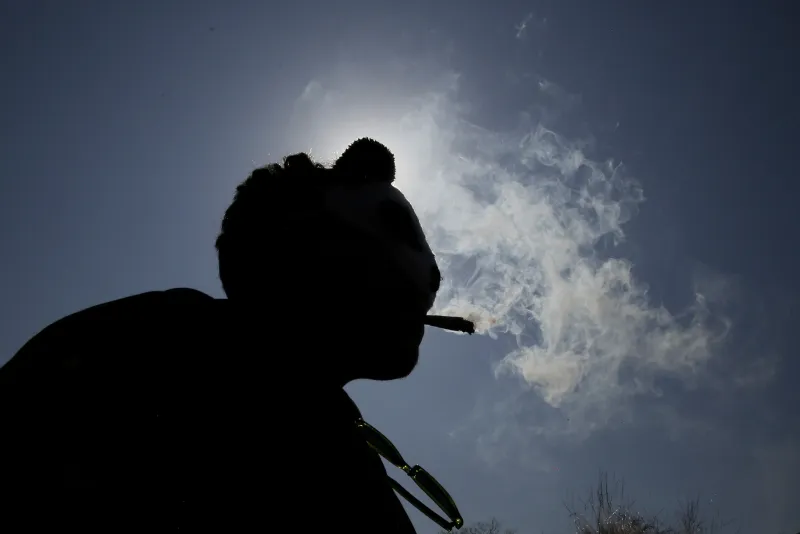A comprehensive study published in Scientific Reports has found a significant association between social media use and heightened depressive symptoms among adolescents. The research underscores the growing concern over the impact of digital platforms on youth mental health. The study analyzed data from over 10,000 adolescents aged 12 to 18, examining their social media habits and mental health indicators. Researchers identified a direct correlation between increased social media use and the severity of depressive symptoms, including feelings of sadness, hopelessness, and a lack of interest in daily activities. Notably, the study found that girls were more susceptible to these effects than boys.
Experts suggest several mechanisms through which social media may contribute to depression:
Sleep Disruption: Excessive screen time, particularly before bedtime, has been linked to poor sleep quality, which in turn affects mood regulation.
Social Comparison: Constant exposure to curated portrayals of others' lives can lead to negative self-perception and lower self-esteem.
Cyberbullying: The anonymity provided by online platforms can facilitate bullying behaviors, leading to increased anxiety and depression among victims.
Addictive Usage Patterns: The design of social media platforms often encourages prolonged use, which can interfere with offline activities and relationships, exacerbating feelings of isolation. Dr. Amori Mikami from the University of British Columbia emphasizes that "the way young people engage with social media is more critical than the amount of time spent online." She advocates for strategies such as mindful usage, curating positive content, and fostering real-life connections to mitigate adverse effects. Additionally, a recent report by the World Health Organization highlights the rise in problematic social media use among adolescents, noting that over 11% exhibit signs of addiction-like behavior, which is associated with poorer mental health outcomes.

Related article - Uphorial Sweatshirt

In response to these findings, several regions are considering regulatory measures. For instance, a federal judge recently blocked a Florida law that aimed to restrict social media access for children under 14, citing concerns over First Amendment rights. However, the judge upheld provisions allowing parents to request the deletion of their children's accounts. Mental health professionals advocate for integrated approaches that include digital literacy education, accessible mental health services, and open dialogues within families and communities to address the challenges posed by social media. The study adds to a growing body of evidence suggesting that while social media can offer benefits, its overuse and misuse may contribute to mental health challenges among adolescents. As digital platforms continue to evolve, it is crucial to develop strategies that promote healthy engagement and support the well-being of young users.
Uphorial.



